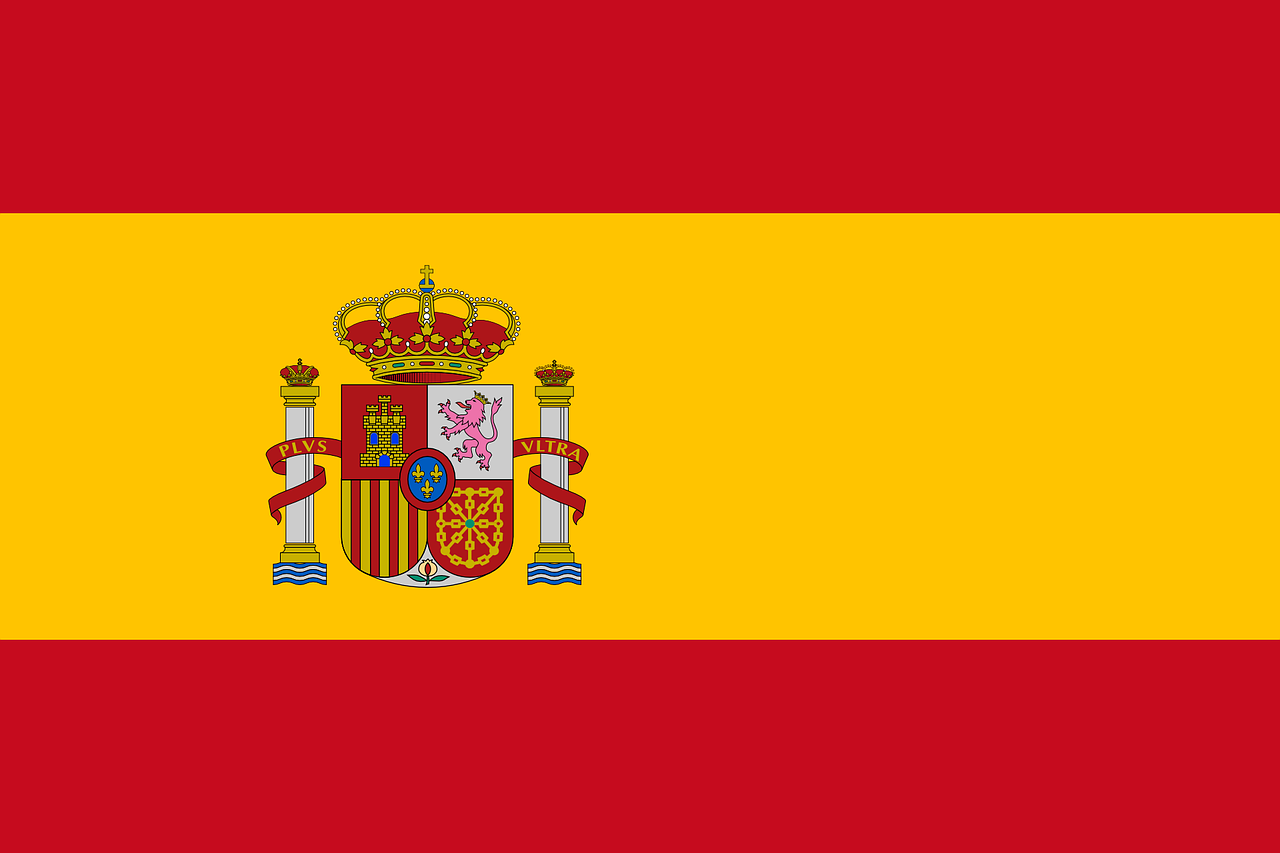
403
Sorry!!
Error! We're sorry, but the page you were looking for doesn't exist.
Spain plans on ‘regularizing’ 900.000 undocumented migrants
(MENAFN) Spain has announced plans to legalize up to 300,000 undocumented migrants per year over the next three years, a move aimed at addressing labor shortages and boosting the economy. Migration Minister Elma Saiz emphasized that Spain must choose between being an open, prosperous country or a closed, poor one, and the government has opted for the former. Saiz stated that the country needs around 250,000 to 300,000 foreign workers annually to maintain its welfare state.
Prime Minister Pedro Sanchez has previously backed "circular migration" policies to create legal channels for economic migrants, seeing them as essential due to Spain’s aging population and its impact on public finances. The reforms will ease visa requirements, reduce the time undocumented migrants must stay in Spain before applying for residency from three years to two, and extend visa durations in some cases.
The goal is to streamline the process for migrants to find jobs that match their skills and help companies fill gaps in the labor market. The reform could lead to the regularization of up to 300,000 people per year over the next three years. As of the end of 2023, 210,000 people had already been granted residency. Spain’s foreign-born population contributes nearly 14% to the country's welfare system, with other changes including more flexible student visas allowing up to 30 hours of work per week.
Despite these moves, Spain is facing an increase in illegal immigration, with around 25,000 migrants arriving in the first half of this year, doubling the previous year's figures. The government has faced criticism from opposition parties over the influx, with some calling for stronger measures to block migrants. Public opinion in Spain shows a significant portion of the population is concerned about immigration, with 57% of Spaniards saying there is too much immigration and 75% holding negative views on migrants.
Spain’s approach contrasts with many European nations, where stricter immigration controls and border security measures have been implemented. Countries like Germany, the Netherlands, and France have tightened regulations, while Sweden and Finland have also promised to introduce tougher immigration laws.
Prime Minister Pedro Sanchez has previously backed "circular migration" policies to create legal channels for economic migrants, seeing them as essential due to Spain’s aging population and its impact on public finances. The reforms will ease visa requirements, reduce the time undocumented migrants must stay in Spain before applying for residency from three years to two, and extend visa durations in some cases.
The goal is to streamline the process for migrants to find jobs that match their skills and help companies fill gaps in the labor market. The reform could lead to the regularization of up to 300,000 people per year over the next three years. As of the end of 2023, 210,000 people had already been granted residency. Spain’s foreign-born population contributes nearly 14% to the country's welfare system, with other changes including more flexible student visas allowing up to 30 hours of work per week.
Despite these moves, Spain is facing an increase in illegal immigration, with around 25,000 migrants arriving in the first half of this year, doubling the previous year's figures. The government has faced criticism from opposition parties over the influx, with some calling for stronger measures to block migrants. Public opinion in Spain shows a significant portion of the population is concerned about immigration, with 57% of Spaniards saying there is too much immigration and 75% holding negative views on migrants.
Spain’s approach contrasts with many European nations, where stricter immigration controls and border security measures have been implemented. Countries like Germany, the Netherlands, and France have tightened regulations, while Sweden and Finland have also promised to introduce tougher immigration laws.

Legal Disclaimer:
MENAFN provides the
information “as is” without warranty of any kind. We do not accept
any responsibility or liability for the accuracy, content, images,
videos, licenses, completeness, legality, or reliability of the information
contained in this article. If you have any complaints or copyright
issues related to this article, kindly contact the provider above.


















Comments
No comment